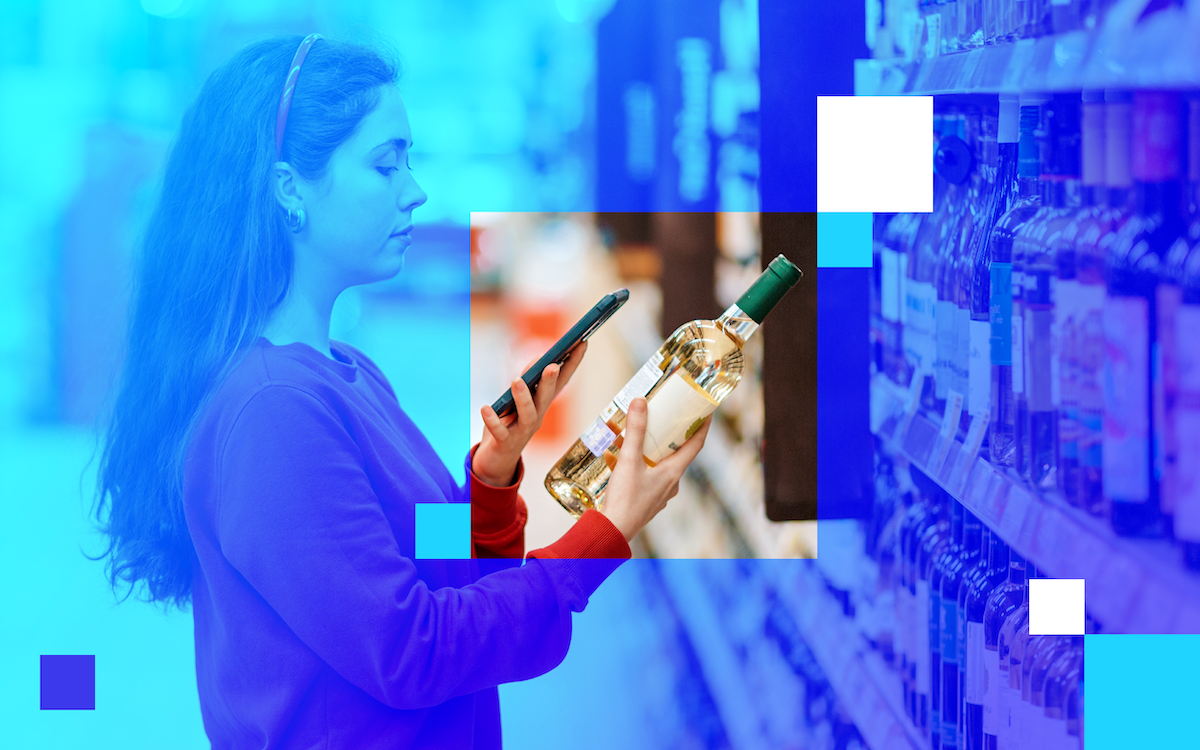February 6, 2025
Blog
Embracing the Digital Product Passport: are you ready?
Stefan Lopez
Sales Development Representative, Americas
Share
As regulations evolve and consumer awareness grows, Digital Product Passports (DPPs) are poised to revolutionize the way products are designed, manufactured, distributed, and used.
DPPs are being launched by the EU to improve supply chain traceability and sustainability. Being able to trace products both upstream and downstream is vital for managing the product lifecycle and ensuring sustainable sourcing. DPPs will be key to achieving this. By scanning a product’s digital passport, stakeholders can access information about its origin, ingredients, sustainability practices, and more, enabling them to make more informed choices.
However, despite this level of digital traceability being crucial to the future of supply chains, Loftware research revealed that 82% of companies are unprepared for the introduction of this technology – even though 63% expect DPPs to be more widely adopted within the next three years.
Leveraging digital identities for compliance and sustainability
This new era of product transparency will transform the way consumers purchase items, spanning industries from automotive and retail to electronics, pharmaceuticals, and food and beverage.
"A digital product passport enhances supply chain transparency and efficiency by centralizing real-time product data, improving traceability, streamlining operations, and ensuring regulatory compliance. It also fosters consumer trust and engagement by offering detailed product information and interactive experiences, while enabling swift responses to risks such as recalls or counterfeit issues,” said Jim Bureau, President & CEO at Loftware, in a recent press release.
So, given that DPPs aren’t going away anytime soon, where should companies start to ensure they’re in compliance?
An increasing number of forward-thinking companies are adopting cloud labeling strategies. Digital labels hold all the important details about a product’s materials, sustainability, and lifecycle in real-time, making them an essential component in companies’ DPP initiatives.
Cloud technologies not only improve supply chain visibility but also reduce waste from traditional labeling processes, lower inventory levels, and cut transportation costs, thereby driving significant savings for the organizations that adopt them.
Creating sustainable supply chains
Ultimately, a sustainable supply chain is a resilient supply chain. Cloud labeling and DPPs are building blocks for these. By embracing innovation, companies can enhance transparency, reduce their environmental impacts, and improve operational efficiency. It's time to harness the power of data and technology to create a more sustainable future for everyone. Read our whitepaper to learn how your company can take proactive steps to prepare for this new era of product transparency!


